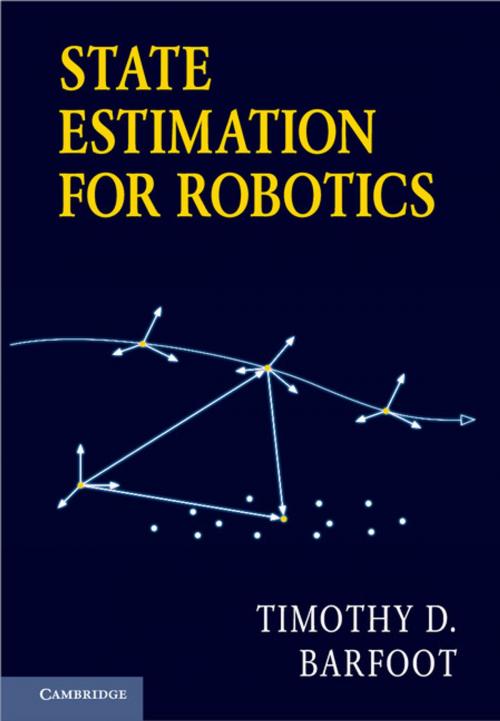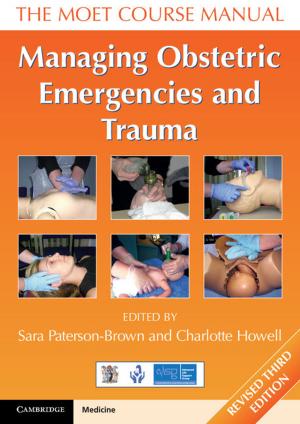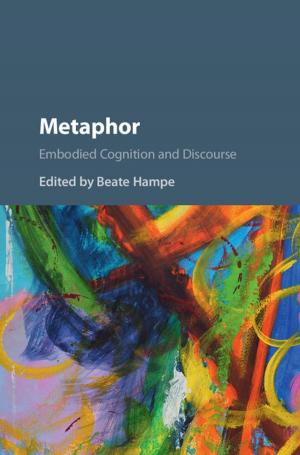State Estimation for Robotics
Nonfiction, Computers, Application Software, Computer Graphics, General Computing, Science & Nature, Technology| Author: | Timothy D. Barfoot | ISBN: | 9781108506731 |
| Publisher: | Cambridge University Press | Publication: | July 31, 2017 |
| Imprint: | Cambridge University Press | Language: | English |
| Author: | Timothy D. Barfoot |
| ISBN: | 9781108506731 |
| Publisher: | Cambridge University Press |
| Publication: | July 31, 2017 |
| Imprint: | Cambridge University Press |
| Language: | English |
A key aspect of robotics today is estimating the state, such as position and orientation, of a robot as it moves through the world. Most robots and autonomous vehicles depend on noisy data from sensors such as cameras or laser rangefinders to navigate in a three-dimensional world. This book presents common sensor models and practical advice on how to carry out state estimation for rotations and other state variables. It covers both classical state estimation methods such as the Kalman filter, as well as important modern topics such as batch estimation, the Bayes filter, sigmapoint and particle filters, robust estimation for outlier rejection, and continuous-time trajectory estimation and its connection to Gaussian-process regression. The methods are demonstrated in the context of important applications such as point-cloud alignment, pose-graph relaxation, bundle adjustment, and simultaneous localization and mapping. Students and practitioners of robotics alike will find this a valuable resource.
A key aspect of robotics today is estimating the state, such as position and orientation, of a robot as it moves through the world. Most robots and autonomous vehicles depend on noisy data from sensors such as cameras or laser rangefinders to navigate in a three-dimensional world. This book presents common sensor models and practical advice on how to carry out state estimation for rotations and other state variables. It covers both classical state estimation methods such as the Kalman filter, as well as important modern topics such as batch estimation, the Bayes filter, sigmapoint and particle filters, robust estimation for outlier rejection, and continuous-time trajectory estimation and its connection to Gaussian-process regression. The methods are demonstrated in the context of important applications such as point-cloud alignment, pose-graph relaxation, bundle adjustment, and simultaneous localization and mapping. Students and practitioners of robotics alike will find this a valuable resource.















